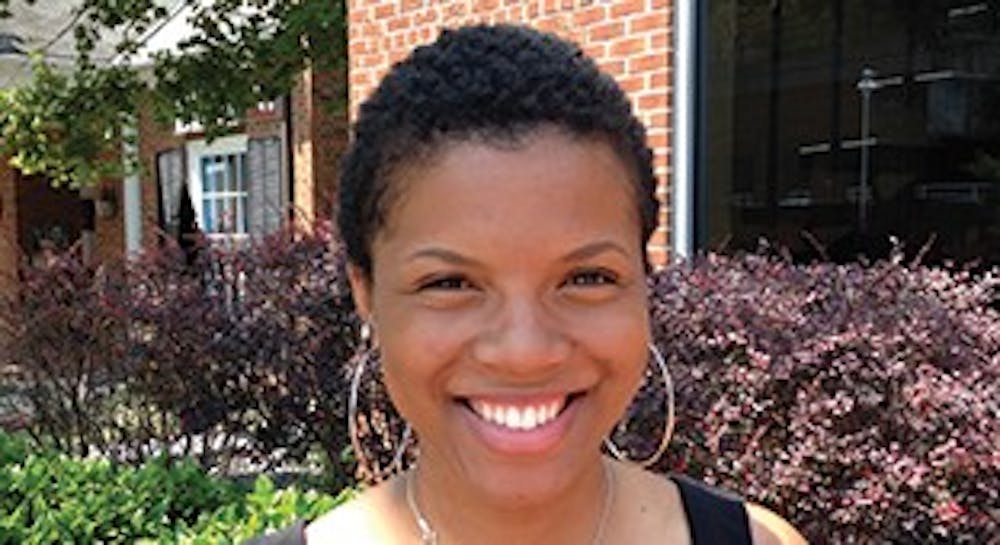I am from Charlotte. I have two Black teenage brothers in Charlotte. I have a Black father in Charlotte. I have Black cousins and uncles and friends in Charlotte.
Watching my city on CNN all last week was difficult. I could barely make it through my classes. Discussing assigned reading expansion seemed frivolous, and I felt guilty for contemplating which color swatch to select for an infographic while people from my city took to the streets to protest the murder of Keith Lamont Scott.
How could I sit in class discussing theories when there is a very real possibility that Keith Lamont Scott’s fate could have been my relative’s?
Like many people, I am disgusted, sad, hurt and angry. I now sit during the national anthem and use every project, speech and essay assigned to discuss and explore the rich, complicated history of Black people in America. My projects, where I place my energy, the language I use and this column are all forms of my protest.
Protests are not monotonous. They are sit-ins and marches and carpools over buses. They are sitting during the national anthem, bodies laying on the ground and tape over mouths. The high decibel of your protest does not make it any more valuable than a quiet one.
A protest is when 525 alumni pool their money together to buy an ad in support of current students. A protest is when a graduate takes the time to write a letter to the editor articulating that form of protest and expressing support for those who sat during the football game on Sept. 24.
Protests and protesters come in many forms.
Last week, images of people throwing tables through glass doors, bottles being thrown at police officers and fires sprinkling Trade Street were on every major news station.
Stealing is stealing — that is not a protest. Destroying property is destroying property—that is not a protest. And while I don’t agree with the tactics, I understand why some choose to do it.



